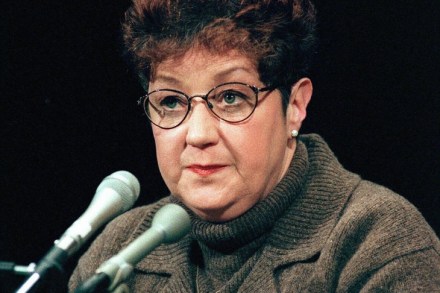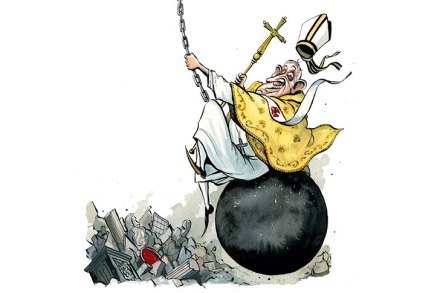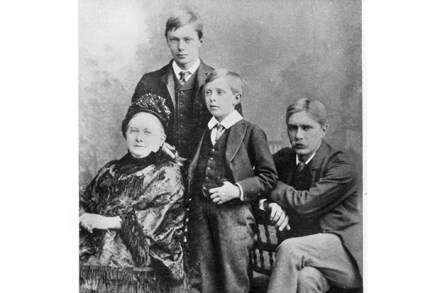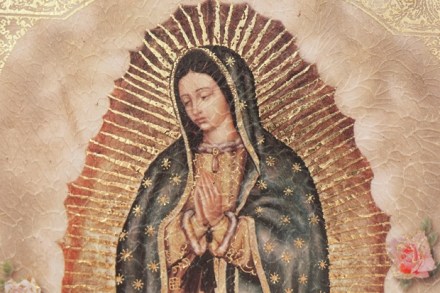The Spectator podcast: The plot against the Pope
On this week’s episode, we take the Pope to task over his leadership of the Roman Catholic Church, ask whether Canada has got the right answers on drugs policy, and lament the death of spontaneity. First, Pope Francis has come under increased scrutiny in recent weeks after a controversial intervention with the ancient Order of Malta and a decree which has been interpreted by some as a liberalising of the Church’s views on remarriage after divorce. Following the resignation of Pope Benedict XVI in 2013, a new precedent has been set and Damian Thompson argues, in this week’s magazine, that the knives are out amongst Cardinals who hope to see Francis going the same



















